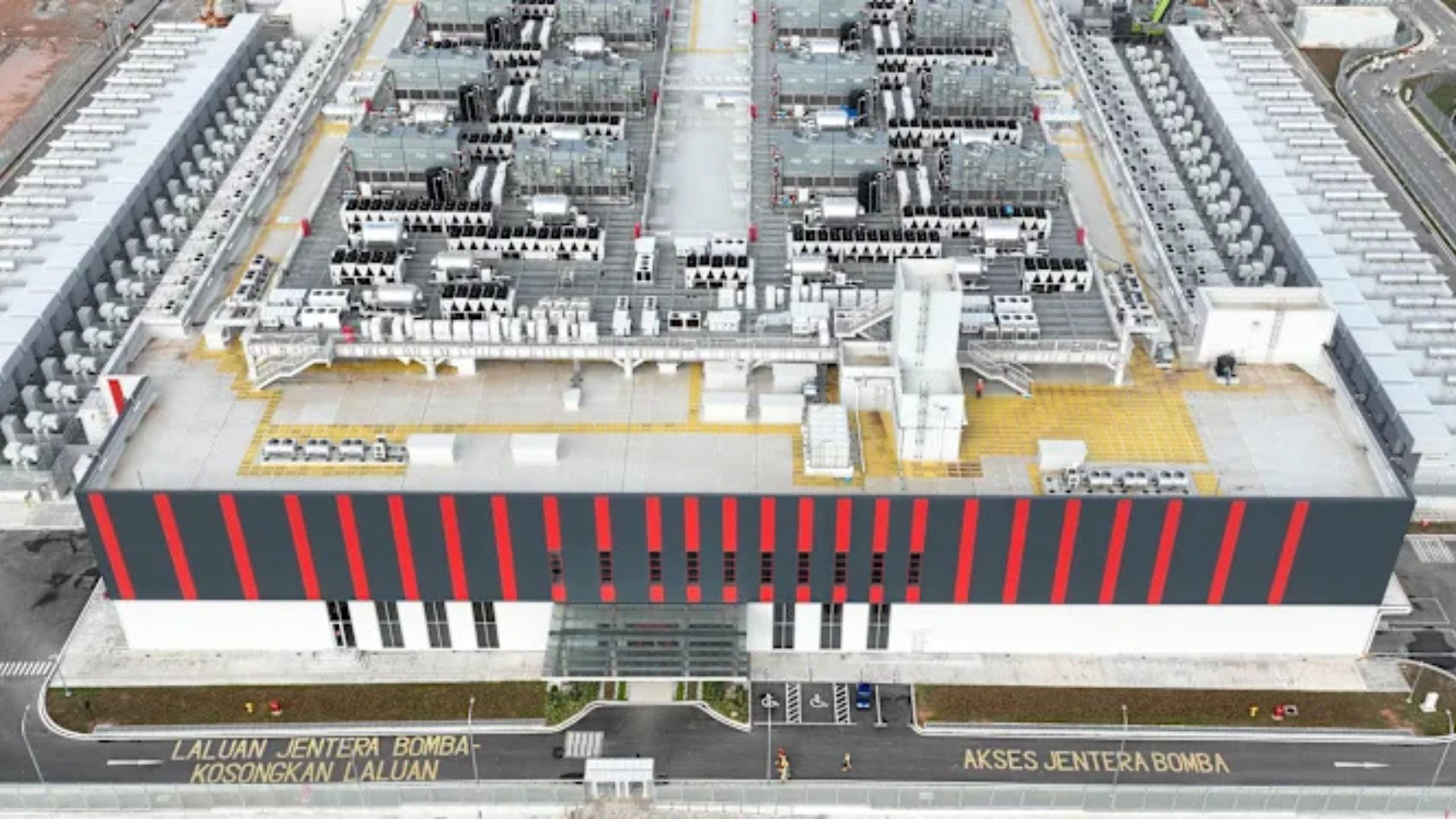AsiaTechDaily – Asia's Leading Tech and Startup Media Platform

A Critical Understanding Of NASSCOM AI Policy Report
National Association for Software and Service Companies (NASSCOM) is the premier trade body and chamber of commerce of the Tech industry in India. It comprises over 2800 member companies, including both Indian and multinational organizations.
NASSCOM released its report titled ‘Unlocking Value from Data and AI’ recently, becoming the 3rd comprehensive report on AI after NITI Aayog’s discussion paper and the Ministry of Electronics and Information technology (Meity) committee’s reports. It emphasizes quick initiatives on AI that India should consider to have a better economic outlook in the post-pandemic world. Also, to realize the 2019-20 budget aspiration of becoming a $5 trillion economy by 2025, AI deployment is opined to be necessary. It speculates that AI would create a value of about $450 -$500 billion to India’s GDP by 2025.
The recommendations of NASSCOM are anchored on the five pillars – Strategy, data, Technology Stack, Talent, and Execution. Building on the study of 4 countries, UK, UAE, Singapore, and Estonia, the report advises drafting a quick working strategy for the coming three years. With the changing market models post-pandemic, it is overt that AI induced technologies would gain substantially in the global market. It should be noted that the report has backed open-sourced data testbeds, libraries, on similar lines to Open AI.
Given the uncertainty caused by the pandemic, the NASSCOM report urges to initiate AI projects within six months anchored initially to solving the COVID crisis. It opines that such initiatives would prove to be the necessary step to realize India’s milestone of becoming a $5 trillion economy by 2025. The focus areas mentioned are parallel to that of NITI Aayog’s discussion paper. Still, it espoused that 45% of the speculated value addition would be from three sectors – consumer goods & retail, agriculture, and Banking & Finance sectors. However, in these sectors, the usage of AI is rampant. Supply chain automation, Workflow automation, hyper-personalized marketing are among them.
One need not imagine some hypothetical scenarios to imagine the actualization of the latter. These are readily available and already deployed in the market. For example, Netflix, Amazon uses AI-based personalized marketing; Zerodha uses AI algorithms to provide individual investment strategies; Uber and Ola are a classic example of workflow automation. Besides these, Sectors like agriculture, health, and even financial analysis need a dedicated investment. Much of the segments within AI like computer vision, Natural language processing, are still under development.
As for the national apex body recommended on AI, it is advised that the Chair shall be a subject expert and it should be operated autonomously. This appears to be something in the line of the Security Exchange Board of India (SEBI) or Reserve Bank of India (RBI). Keeping the latter as a priority, the NASSCOM report has provided an immediate action plan, surprisingly to be implemented within the coming 18 months. It included –
- Creation of a national program for AI along with an apex executive body,
- Finalizing action plan for three months focused on COVID related product development, support for marginalized groups and economic revival
- Establishing comprehensive data sets
- Accelerate the pilot projects with an immediate focus on COVID. These pilot projects should be developed to go to market products within 12 months.
- Establish data governance policies and standards.
- Establish AI eco-system consisting of academia, industry, startups, civil society
Significant development of this NASSCOM report is the proposition of the data market place route map. The model is very vivid and provides an overall picture of all stakeholders from data collection (both public and private), data utilization, and data regulation. Along with this, it has identified the top 10 data sets, which are to be urgently focused. It includes almost all the important sectors which have been mentioned by earlier policy papers and reports of Meity, including the power grid, road, grain value chain, farm data.
Finally, this report by NASSCOM emphasized the need for research and development investments from the public sector and the importance of academia. Even though it repeated many aspects of the Meity committee reports and NITI Aayog’s discussion paper, it’s model on data market place and categorized analysis of the policies of the UK, UAE, Singapore, and Estonia adds up to the Indian policy documents on AI. It can be understood as a warning to policymakers, to quickly take action on developing and deploying AI modelled economic growth.



